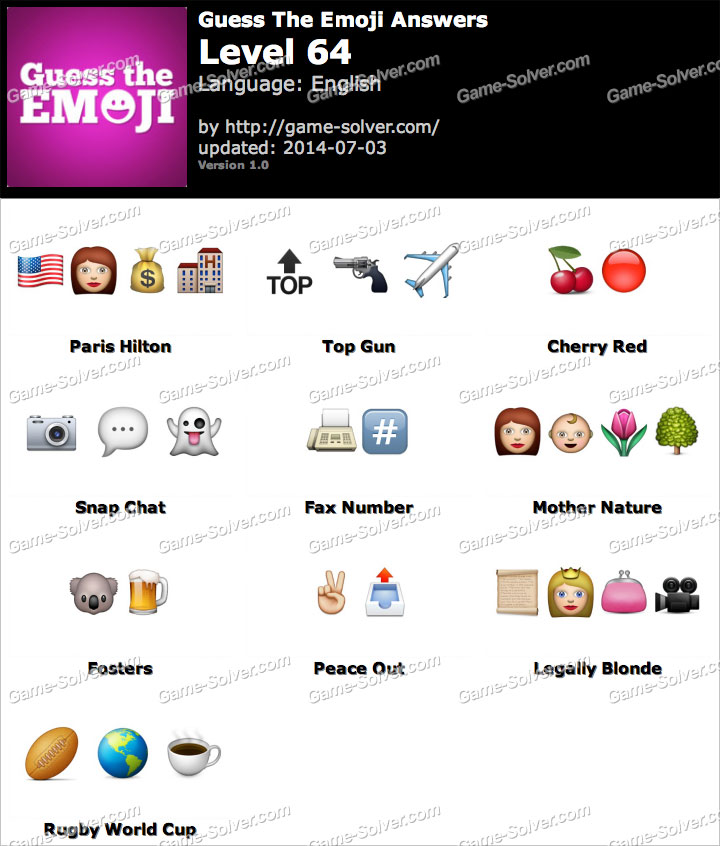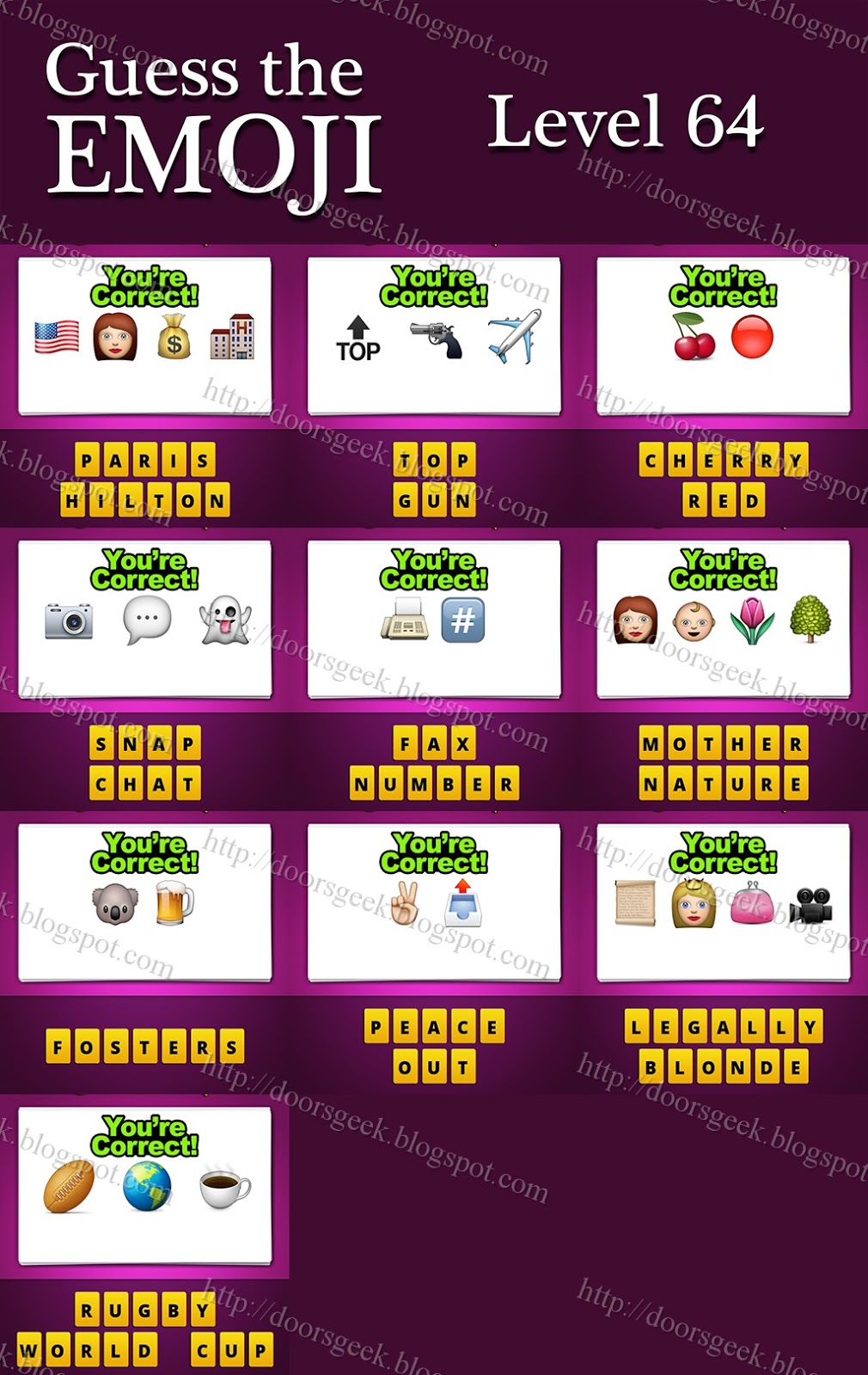

With such a long history, displaying such remarkable geographical diversity and periods of rapid change, where does one start? And how to devise a procedure to cover the country as a whole? The words and expressions are ‘out there’, certainly, but how to get at them? Enter Joseph Wright. The challenge facing any would-be dialectologist is thus immense. Several of the items in this book reflect this At times, it’s almost as if localities were competing to see who could come up with the most idiosyncratic way of talking about something. And there seems to be something special about the British readiness to engage in language play: many entries display a cheeky inventiveness in coining words and expressions. The entries in this book show the varying impact on vocabulary of the Anglo-Saxon, Danish, and French invasions as well as of the indigenous Celtic communities. But Britain certainly takes some beating because of the range of influences on the development of the language over the past 1,500 years. We have to take such statements with a pinch of salt, because many parts of that world have had little or no dialect study at all. It’s often said that there are more dialects in the British Isles than in any other part of the English-speaking world. And nowhere was this diversity more apparent than in Britain. In the days when regular contact between communities was difficult, it was a natural consequence to find words and idioms emerging that were different from those used even a few miles down the road. Some words may be very local indeed, used only by people from a town or village. We can talk about the words that are used in a major political unit, such as Scotland or England, or within a major geographical area, such as ‘the West Country’, or within a particular county or city. But when people talk about dialect they usually mean the local variations in grammar and vocabulary within a country. Cars/automobiles have boots/trunks and bonnets/hoods. British people notice the differences in the words Americans use, and vice versa. Dialects are both national and international. The two complement each other in this book, which celebrates Joseph Wright’s magisterial English Dialect Dictionary. A dialect shows where you come from by the words and grammar you use. An accent shows where you come from by the pronunciation you use. This is because a dialect, like an accent, is a powerful expression of identity. People who speak a regional dialect are usually very proud of the fact. And when we encounter old dialect words and expressions, it’s like travelling back in time. They give us an insight into the way people think who are both like us – in that they speak the same language – and yet not like us. Dialect words, in particular, capture the imagination. Now it’s time to test your focus and vocabulary with one of the top word games of 2021.Exploring dialects Joseph Wright The English Dialect Dictionary My selection MapsĪ–Z Geographical index Have they disappeared?Īlkitottle, batterfanged, cheeping-merry, deepooperit, ernful … Why are dialects so fascinating? I’ve never met anyone who isn’t intrigued by the extraordinary diversity of the English language, as it changes from place to place. turn music, sounds, and notifications on/off earn extra coins by answering quiz questions, guessing extra words, playing 1 level each day Ask friends when you are stuck in a level and build your Wordify Wisdom to prove that you are the word search & word find master. Additionally, answer general knowledge quiz questions to earn extra coins and use them to get hints.

Play one level daily to earn coins and tickets for free. Think you know it all and no one can beat your word connect skills? Join the word puzzle competitions with other players across the globe and see your placement daily, weekly, monthly. Note that you get one general hint at the top of the level and you can get more hints (1 hint = 1 letter of the word you need to guess) by using your coins. If you guess an extra word you get extra coins so show your skills.

The word challenge in Wordify is simple: connect letters to make the needed words. Featuring 7000 levels in hundreds of word puzzle packs you are set to enjoy one of the most interesting connect words puzzle challenges of 2021.
WORDIFY LEVEL 64 FREE
Test your vocabulary and general knowledge with Wordify Words & Puzzles, the all-new free word search puzzle game.


 0 kommentar(er)
0 kommentar(er)
